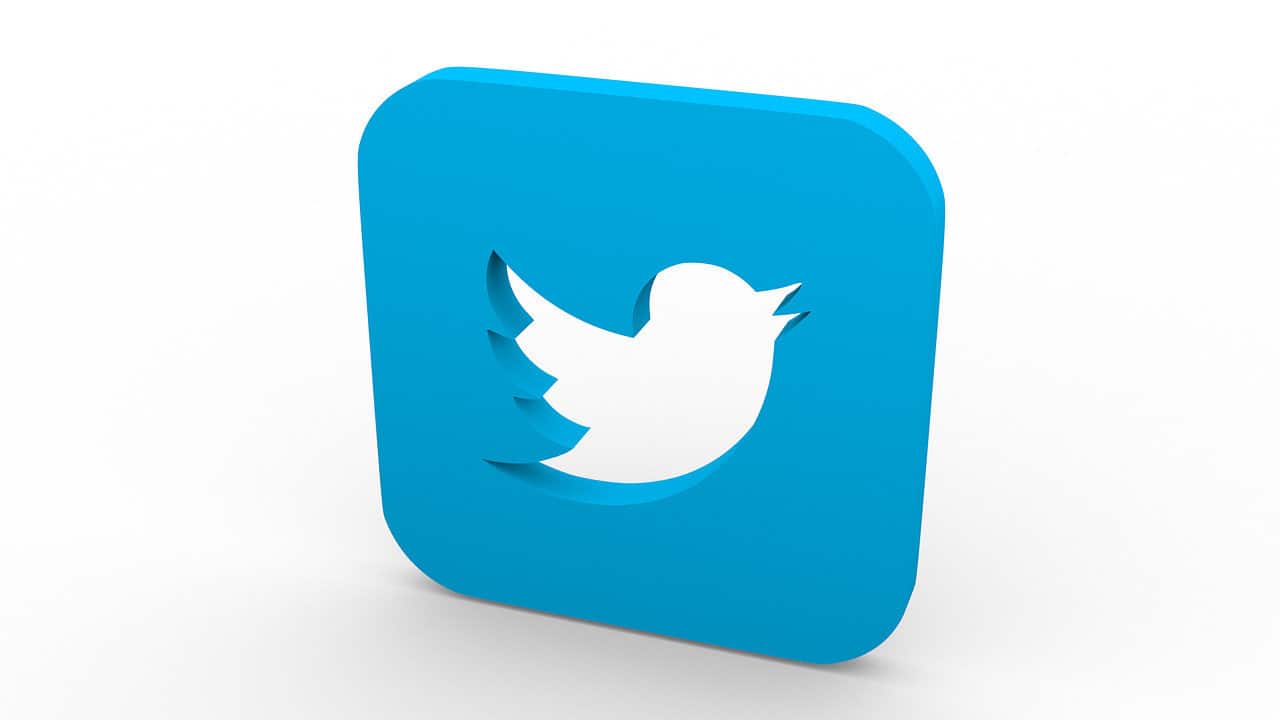What do Pope Francis, Donald Trump and Beyoncé have in common? All three have lost their blue badge on Twitter, a sign of a verified user, as the social network began to make good on owner Elon Musk’s threat to remove it from non-paying users.
The social network began on Thursday to massively remove this distinctive seal and also removed the labels “state-affiliated” and “government-funded” from the accounts of several media outlets, AFP noted on Friday.
Musk, who since buying Twitter in late October for $44 billion has seen his investment dwindle, had promised to get rid of the blue badge that a user obtained after verifying his identity and the fulfillment of certain conditions, such as notoriety.
The billionaire had said that the mark was a “system of feudal lords and peasants” and offered to grant it to anyone who paid a subscription of eight dollars a month.
Previous deadlines for retiring the blue badge, used mainly by celebrities, journalists and politicians, resulted in no changes. But on Thursday, high-profile accounts, as well as those of many reporters’ news organizations, lost their verification marks.
The stamp disappeared from the accounts of personalities such as Justin Bieber, Cristiano Ronaldo, Bill Gates or Lady Gaga, as well as those of many journalists, academics and activists. It was even removed from Twitter co-founder Jack Dorsey’s @jack account.
Among politicians, many lost it, although some had the gray mark, reserved for government accounts or those of certain organizations. This is the case of Kevin McCarthy, leader of the Republicans in the U.S. House of Representatives.
The blue badge now marks those who pay monthly to have it and other “Twitter Blue” advantages (more visibility, technical privileges, fewer ads), such as Donald Trump Jr. or the Dalai Lama.
But some celebrities still had the blue badge despite not being subscribers.
Musk explained that he was “personally paying for some subscriptions” and clarified that it was “only” for Star Trek actor William Shatner, basketball superstar LeBron James and writer Stephen King.
Changes to gray badges
In another controversial change related to the new authentication system, the gray “state-affiliated” and “government-funded” badges were removed from many accounts.
The marks did not appear on the accounts of U.S. radio station NPR, Canadian broadcaster CBC, China’s official Xinhua news agency, Russia’s RT and Spain’s RTVE.
Twitter had long tagged accounts linked to state media or government officials, especially from China and Russia.
Recently, however, it applied those tags to news organizations that received public funding but are not controlled by any government. NPR stopped using Twitter thereafter and CBC did the same.
It was not immediately clear why some gray tags were removed, but the change was praised in some quarters.
“I support Twitter’s removal of all ‘state-affiliated media’ tags,” tweeted Hu Xijin, the former editor of the Chinese state-run tabloid Global Times, whose account was no longer labeled as affiliated with the Chinese state.
4/20
“Twitter Verified,” the Twitter account of “Twitter Blue,” had warned on Wednesday that the next day the social network would remove the blue badges earned before Musk bought the company and imposed his contrarian view of the previous philosophy.
“To stay authenticated on Twitter, people can subscribe to Twitter Blue here,” noted the official account, which also offered a link for organizations to subscribe.
The April 20 date does not appear to have been chosen at random: 4/20, as the date is spelled in English, is synonymous with cannabis in the United States because it is associated with a numerical code for marijuana.
And Musk, also head of Tesla and SpaceX, loves jokes on this theme, to the point of having bought the platform at $54.20 a share.
According to Musk, subscribing to “Twitter Blue” will also make it possible to fight fake profiles and automated accounts and diversify revenue, at a time when many companies abandoned the platform.
Between November and January, half of the top 30 advertisers on Twitter stopped buying ad space there, according to research firm Pathmatics.
Insider Intelligence consulting firm Insider Intelligence noted that Musk’s efforts to create a subscription service “will not make up for the loss of ad revenue.”






